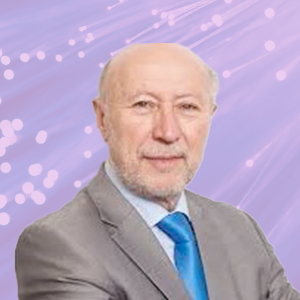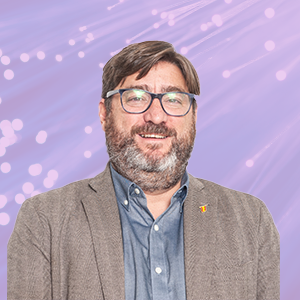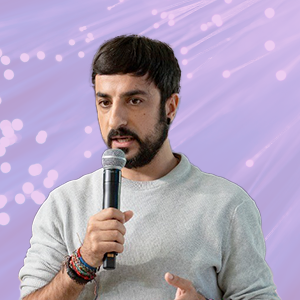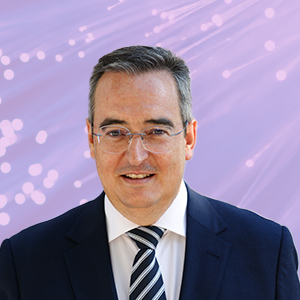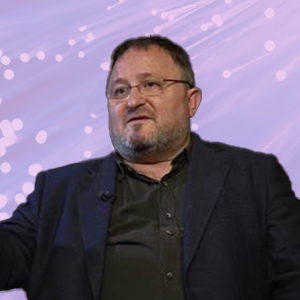The Madrid Science Park Foundation (FPCM) sets a record for business incubation in the last 10 years and closes 2019 with 99% occupancy of the space dedicated to Science and Technology entrepreneurs.
Throughout the past year, the Park has received 65 expressions of interest from companies to join its incubator and has hosted a total of 95 companies, from sectors including Life Sciences and Chemistry, Information and Communication Technologies, Nanotechnology, New Materials, Engineering, Environment, and Renewable Energies, among other areas.
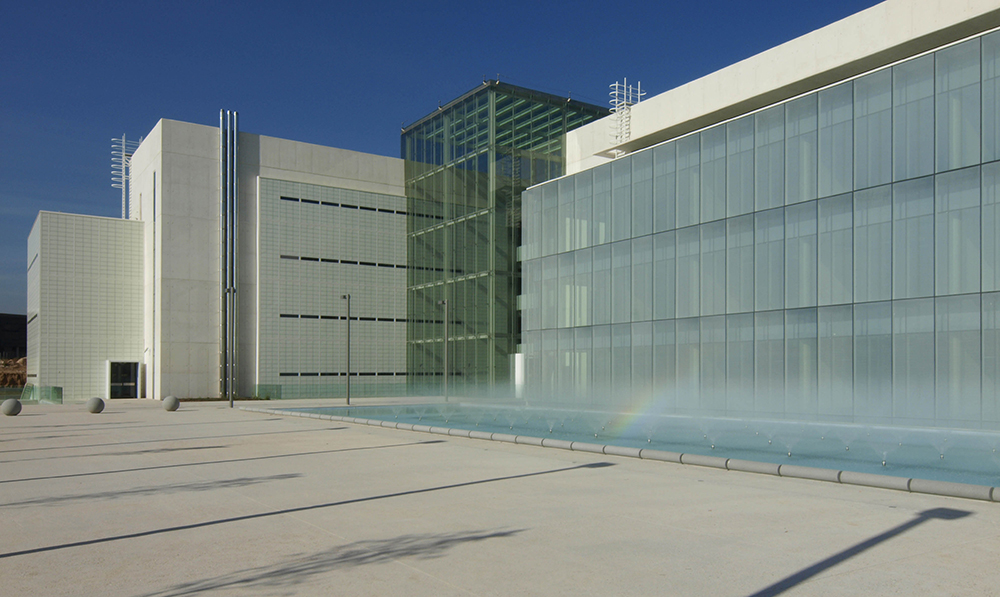
Since its creation in 2001, more than 300 companies and entities have developed their innovative projects in the FPCM, and nearly 80% have successfully thrived thanks to its comprehensive support model – professional services and infrastructure – that the Park makes available to entrepreneurs so they can compete in the best conditions in the market.
In addition, the Park has a Genomics Platform, which serves as a meeting point between scientific development in the university and public spheres and the technological demand of the private sector, which has carried out more than 280 experiments and served 105 research groups in 2019.
The Madrid Science Park is a key player in the national ecosystem supporting innovation, promoted by two public universities – the Autonomous University of Madrid and the Complutense University of Madrid – and has the strong support of leading R entities, such as the Spanish National Research Council (CSIC) and the Center for Energy, Environmental and Technological Research (CIEMAT), Banco Santander, the Madrid Chamber of Commerce and Industry, and the City Councils of Tres Cantos and Madrid.
Since 2008, the FPCM has been a member of the Enterprise Europe Network (EEN) promoted by the European Commission, which involves more than 600 organizations in 60 countries, with nearly 3,000 professionals from local and regional development agencies, chambers of commerce and industry, technology centers, science parks, and universities. Through these entities, the EEN network offers free services for the internationalization of SMEs and helps companies become more competitive and acquire new collaboration agreements with potential foreign partners; as well as benefit from tailored professional advice on European projects, funding, or intellectual and industrial property, among other benefits.
These alliances and the significant activity developed by the Park in these almost 20 years of operation have contributed to consolidating its role as a dynamic actor in the scientific-technological entrepreneurial environment.





